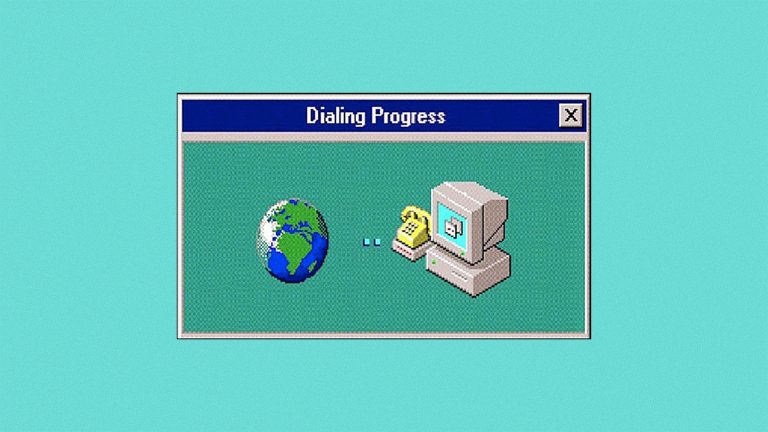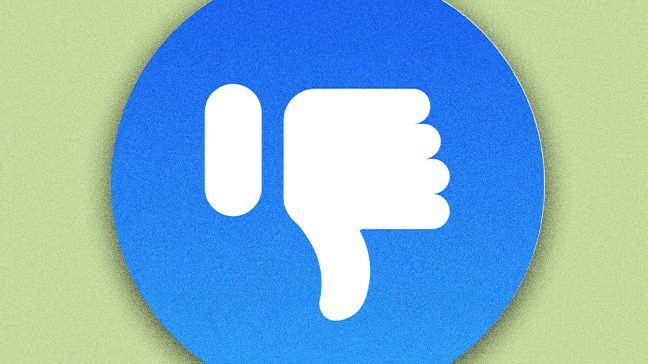The first time I ever heard about Facebook was in 2005, from someone I was attempting to chat up on a plane. “No one asks for your phone number any more,” the student at USC explained to me. “They just look you up on Facebook”. I remember vaguely thinking “yes, but you’re Americans, you’re weird – this will never catch on”.
Two decades on, well, I got that wrong – Meta’s family of apps now has over 3bn users. As a species, we now spend significant chunks of our lives plugged into digitally enabled networks of other humans.
It’s also true, though, that we don’t seem to really enjoy it anymore. Users of X (née Twitter) have for years referred to it as the “hellsite”, and that was before Elon Musk got his hands on it. The carefree days when we would post photographs of all our days and nights are long gone, replaced by the grim understanding that it’s not good to have lots of pics of you floating around the web unguarded.
We’re less inclined to chat openly or share thoughts with strangers or acquaintances now we’ve had 20 years’ experience of dealing with all the trolls, griefers, nazis, incels and reply guys.
The experience offered by social media has radically changed. The first social networks were simple systems designed to connect users and enable peer-to-peer communication and sharing. But the experience of opening Instagram or TikTok in 2025 is very, very different.
Now you are faced with images and video and algorithmically selected content and infinite-scrolling and groups and dating and marketplaces and audio spaces and ads and strangers with awful opinions and pornography and battlefield atrocities and influencers and creators and AI slop and grifters and salespeople and Elon fucking Musk everywhere, like some sort of horrible omnipresent apartheid toad.
Like so much in modernity it’s tempting to blame venture capitalists for the mess. The major social platforms are all the fruits of significant investment by backers chasing the holy grail of hockeystick growth, and the $1bn+ valuation that signals a “unicorn”. To achieve this, platforms began tracking every possible datapoint and flogging ads, and then developed algorithms to optimise for engagement to keep users hooked so they could track more datapoints and flog even more ads… which has changed these platforms into something completely different.
Suggested Reading


A better internet is out there
Facebook’s mission statement back in 2009 was “To give people the power to share and make the world more open and connected”. But in 2025, if you post a photo to Insta, the majority of your connections won’t see it among the flood of other, algorithmically selected content they get served to keep them “engaged” – and anyway, the platform optimises for video these days.
Post a link to X and it will be seen by approximately 1-2% of your followers. That is by design, because links are devalued by the algorithm, as they might cause people to leave the site and see fewer ads. Post to TikTok, and compete in the second-by-second algorithmic lottery where your video might be seen by millions… or, in all likelihood, by no one at all.
This is changing user behaviour. Social platforms are cagey about reporting any decline in metrics, but new research suggests one-third of all social media users report posting less on their preferred platform compared to last year.
You feel this anecdotally. People simply just aren’t posting. X is a ghost town, a few thousand terminally addicted journalists and Elon’s simpatico fash buddies aside. No one uses the Instagram feed anymore, choosing instead to post Reels as part of the modern compulsion to create a poorly edited portrait documentary of one’s own life.
TikTok was never really social media anyway, more a terrifying Adderall-inflected evolution of television than a peer-to-peer medium. News that both Insta and TikTok are working on apps designed to let platforms appear directly on smart TVs shows the direction of travel – less social, more sit-back.
We’re about to enter a very strange new world in which we won’t necessarily even require other people to make the content we see in our feeds: Facebook and Instagram experiences will soon start featuring AI-generated content created specifically for you “based on your interests or current trends”, guaranteeing an infinite quantity of bespoke entertainments with nary a human in sight. Maybe it’s time to retire the term “social media” altogether.
It feels as though we have reached the end of a very specific period in human history, our brief, species-wide experiment in “seeing what happens if we all try to connect to each other like some sort of weird bipedal species of ant”. Was it a good idea? Don’t worry about that – just sit back like a good consumer and watch your infinite AI telly shows.
Matt Muir is a writer and journalist




